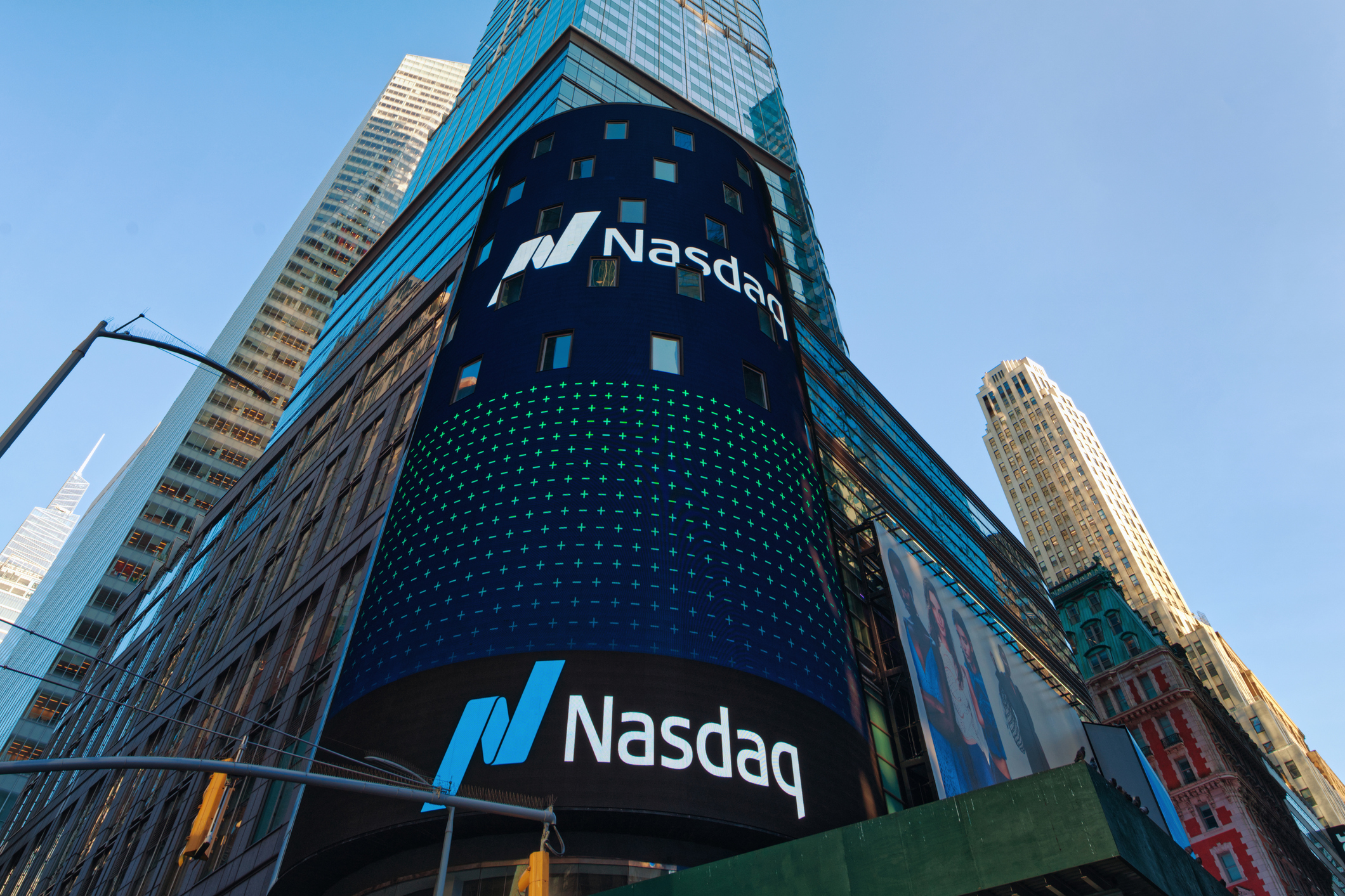
Get the latest financial news, insights and expert analysis from our award-winning MoneyWeek team, to help you understand what really matters when it comes to your finances.
You are now subscribed
Your newsletter sign-up was successful
Want to add more newsletters?
The New York Stock Exchange has been around for a long time it was officially formed in 1792, and is home to many of the world's biggest and most successful companies. For a long time, it was the Big Daddy of American indeed, world stock exchanges. But at the beginning of the 1970s, it found itself with an upstart competitor.
America's National Association of Securities Dealers was a body set up to regulate the OTC market (over the counter' securities which were not traded on traditional stock exchanges).
To enable investors to trade more efficiently, it set up its own speedy and transparent trading system the National Association of Securities Dealers Automated Quotations, or Nasdaq. It began trading on this day in 1971, providing trading for over 2,500 securities. It was a very different beast to the venerable old stock exchanges of yore. It didn't have a big building full of men in silly coats shouting at each other. This was the future this was an electronic exchange.
MoneyWeek
Subscribe to MoneyWeek today and get your first six magazine issues absolutely FREE

Sign up to Money Morning
Don't miss the latest investment and personal finances news, market analysis, plus money-saving tips with our free twice-daily newsletter
Don't miss the latest investment and personal finances news, market analysis, plus money-saving tips with our free twice-daily newsletter
It expanded rapidly, and soon gained a reputation where tech stocks would list. And while it is very tech heavy, it counts car hire firms, airlines, banks and food companies among its listings.
It trades around two billion shares a day more than any other exchange. Since the millennium it has overseen over a thousand stockmarket flotations. It is the second-largest exchange in the world by market capitalisation.
Its flagship index, the Nasdaq Composite, began life at 100 in 1971, shot up to over 5,000 before the spectacular dotcom crash of 2000, when it lost some 78% of its value. The enthusiasm of investors for big tech, or "FAANG" stocks, especially since the beginning of the Covi pandemic, has propelled it to ever higher highs. It currently stands at over 13,000.
Get the latest financial news, insights and expert analysis from our award-winning MoneyWeek team, to help you understand what really matters when it comes to your finances.

-
 What the government’s baby boomer retirement data says about the future of pensions
What the government’s baby boomer retirement data says about the future of pensionsA study of the retirement routes of people born in 1958 paints a worrying picture for people’s pension savings
-
 An experienced investor’s end of tax year checklist
An experienced investor’s end of tax year checklistThe clock is ticking down before the end of the 2025/26 tax year, when any tax-free savings and investment allowances are lost. For experienced investors, though, the deadline for some tax-saving schemes is even earlier.
